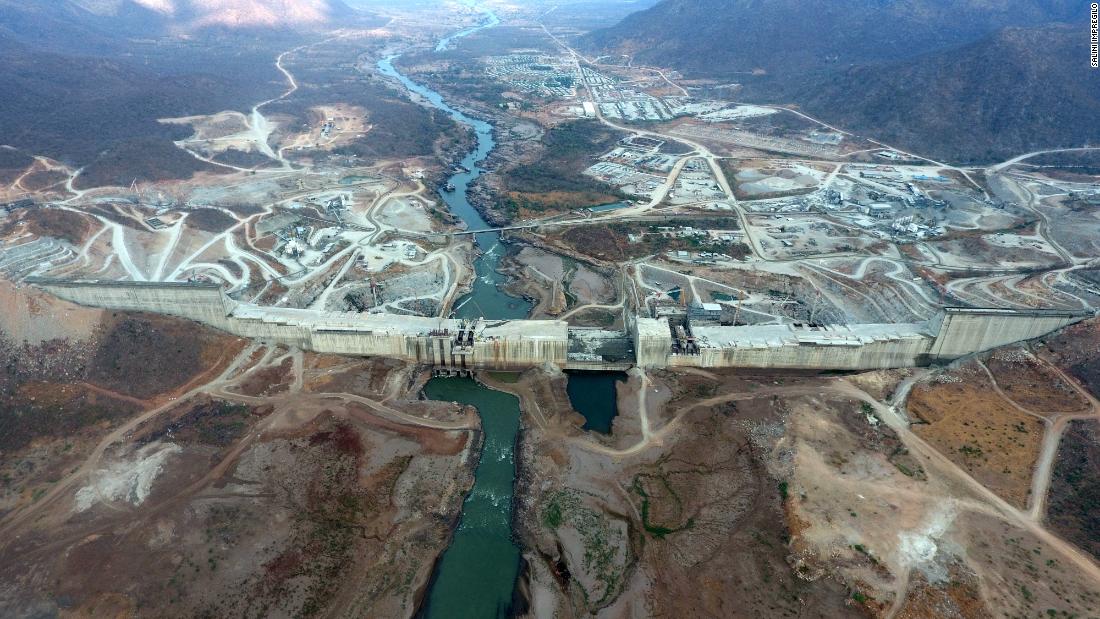Egypt’s Foreign Minister Sameh Shoukry said on Tuesday that the latest round of talks in Kinshasa regarding the Grand Ethiopian Renaissance Dam (GERD) ended with no progress. In an interview with Sky News Arabia, the Foreign Minister stated that Ethiopia’s stances reveal the absence of its political will to negotiate in good faith, and added in a separate interview with Egyptian outlet Extra News that Egypt and Sudan will now turn to international bodies such as the United Nations Security Council to play a more active role in settling the dispute. Shoukry stressed that the dispute will not only negatively affect Egypt and Sudan, but also international peace and security. Egypt had referred to the Kinshasa talks as the ‘last chance’ to reach a fair solution before the second filling of the Ethiopian dam in the upcoming flood season. The African Union-sponsored talk consisted of three-day meetings between Egypt, Ethiopia, and Sudan, though they collapsed on Tuesday as Ethiopia refused to accept proposals by Egypt and Sudan to invite other parties and to set up an international committee that consists of the United Nations, the European Union and the United…
Kinshasa Talks on Ethiopian Dam End With No Progress: FM Shoukry
April 7, 2021



